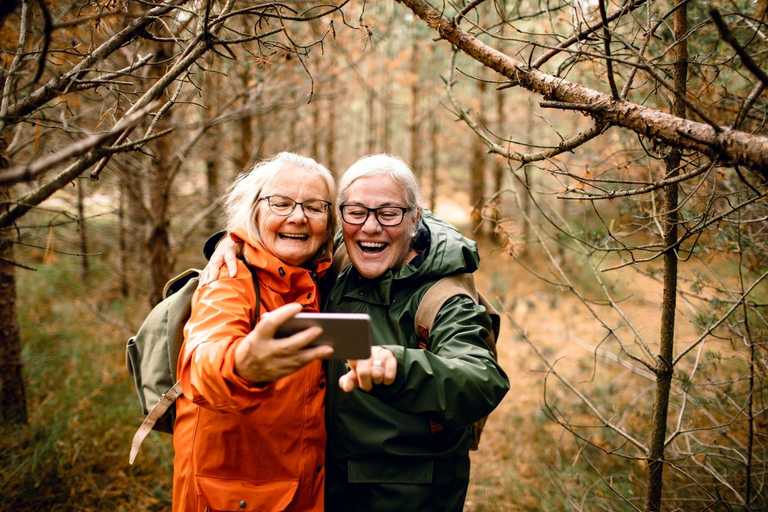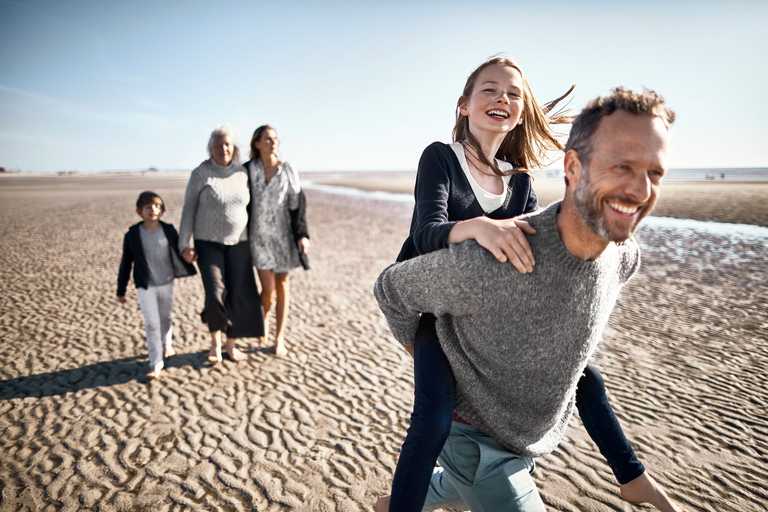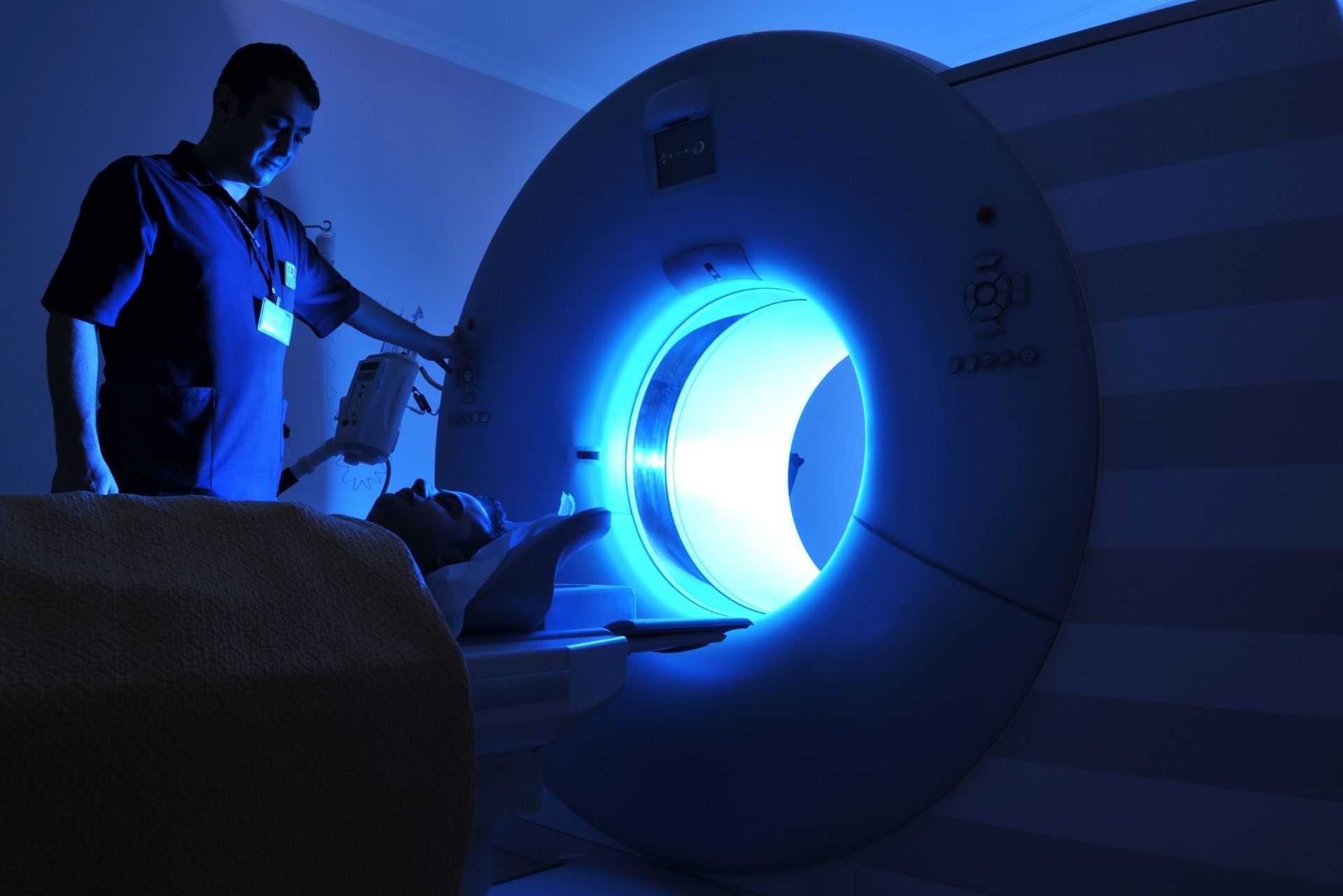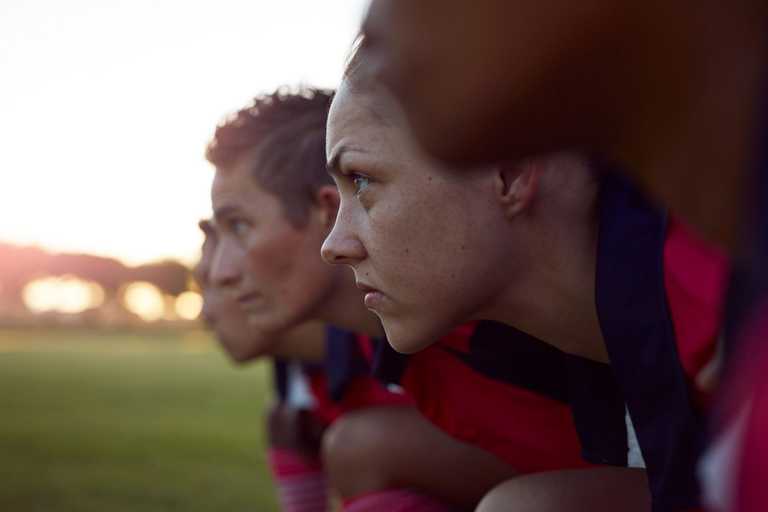
Sports and Exercise Medicine
You love to perform at your best. So, when injury stops you in your tracks, that can be hugely frustrating. At...
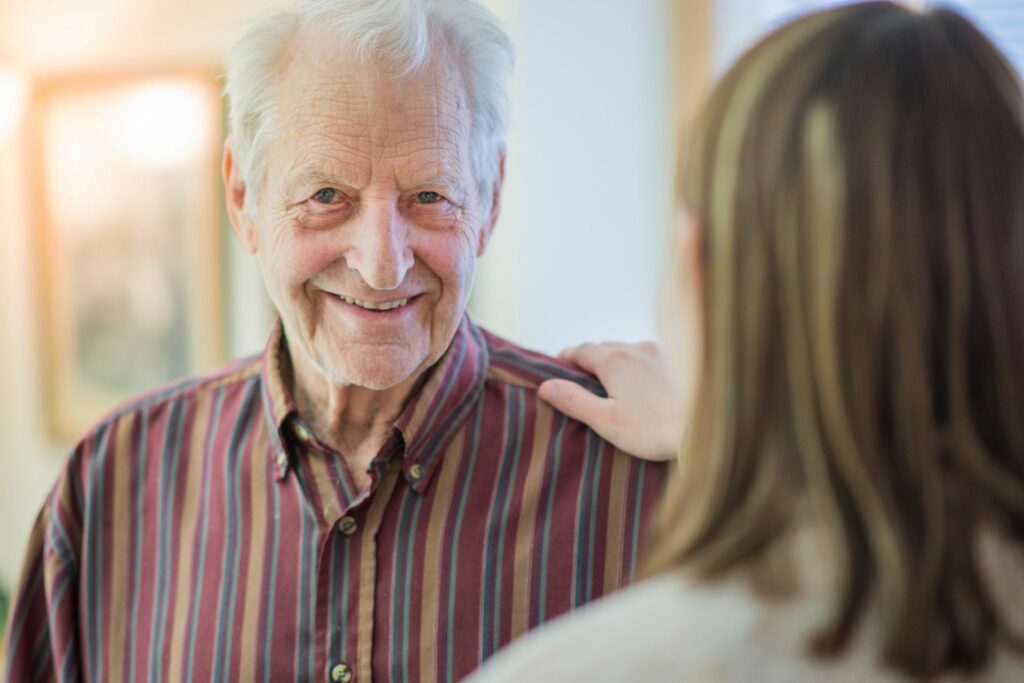
One in three people who are over 65, will experience at least one fall in a year, and roughly half of these people will experience falls on a more frequent basis. Healthcare services see many injuries which are as a result of a fall occurring within the home or during recreational activities, particularly in older people.
Whilst some may have dismissed slips, trips and falls as something only relevant to older people, however, in the workplace, they are seen as a serious issue for any age group. People who play sports are particularly exposed to the risk of becoming injured in this way.
As the days get shorter and the temperature drops, the risk of having a fall increases. However, they are not an inevitable part of life, even as you get older, and do not always need to have a major impact on your life.
The definition of a fall is ‘an event which causes a person to, unintentionally, rest on the ground or lower-level’, and this can become more of a risk as the weather gets worse throughout autumn and winter. Slippery leaves, icy paths and heavy rain can make going out riskier, but that doesn’t mean you should stay at home for months!
The risks may increase with age, but there are many things you can do to keep yourself safe and to recover quicker if you injured.
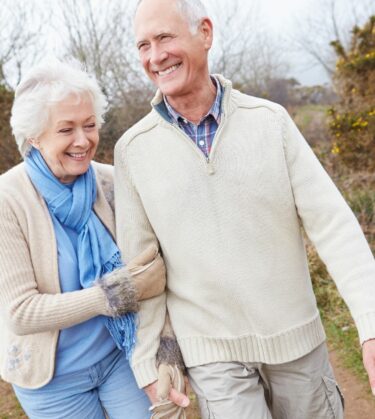
When it comes to avoiding falls, there are three simple ways you can help yourself:
Slips, trips and falls are more common in homes where there is clutter, mess or where lighting is poor. Ensuring your rooms and hallways are clear, that there are no trailing wires and that all lightbulbs are working effectively to keep areas well lit, will mean you are less likely to fall.
Outside of your home, be mindful of your environment and any potential hazards. Footpaths or roads that are uneven can cause falls and should be reported while you use a different route, if possible. Consider leaving extra time for journeys in bad weather so that you don’t need to rush and put yourself at greater risk. And try to avoid looking at your mobile phone while walking, but keep your eyes on where you are going instead.
It is important to understand how to prevent falls so that you can continue to have an active life. It can be tempting to be less active as you may think if you do less, then there is less chance that you will fall. However, remaining active is more beneficial in preventing falls. Activities that help to build muscle, joint and bone strength all lead you to be more stable when moving around and will allow you to recover quicker if you do have a fall.
Research your local area and healthcare services to find a range of services to help keep you healthy to help prevent falls and recover quicker if you do suffer a fall. It may even be worth checking out what is available in your area for preventative health checks.
From maintaining a healthy diet including avoiding excessive alcohol to prioritising annual health checks and eye examinations, there are many aspects of your own general health which if overlooked may increase the chances of falling over.
If you take regular medication, be sure to understand any side effects, such as fatigue or confusion, by speaking to your GP or pharmacist.
Even if you follow all the guidance available, you cannot guarantee that you will never experience a fall. It is therefore important that you understand what options are available should you be injured following a slip, trip or fall and how to access these.
Healthcare experts need to fully understand the impact the fall may have had on your body and so diagnostic imaging is usually the first requirement. Even if you feel well, it is important to be able to diagnose any potential internal injuries. Diagnostic imaging scans can be carried out in a hospital or within a diagnostic imaging centre.
Following a thorough diagnostic assessment and depending on the severity of your injuries, you may be offered a range of treatment options. These may include physiotherapy, osteopathy, or specific sports injury treatment to help your body recover. You may also be offered both pharmaceutical and non-pharmaceutical pain management options if this is required.
If your injury does not require hospitalisation, or you feel you need further help or treatment quickly, you can ask your GP to refer you to a private facility. Private GPs, consultant surgeons, physiotherapists, osteopaths are all accessible at our centres which also provide onsite diagnostic imaging scans including MRI and Ultrasound.
If you would like to find out more about keeping strong and healthy, or you’ve had an injury following a fall and would like help from qualified, experienced health professionals, get in touch today – our experts are here to help.
You love to perform at your best. So, when injury stops you in your tracks, that can be hugely frustrating. At...
Ultrasound-guided steroid injections with Prime Health can help reduce inflammation and provide significant pa...
A Prime Health personalised health check, will give you the information, advice and support you need to help y...
The highly experienced private GPs at Prime Health are here to keep you healthy. In a fast-moving world, they ...
If you don’t have a referral from a health professional, you can now easily self-refer for an MRI scan at Prime Health. We offer daily appointments, allowing you to choose a time and date that suits your convenience.
